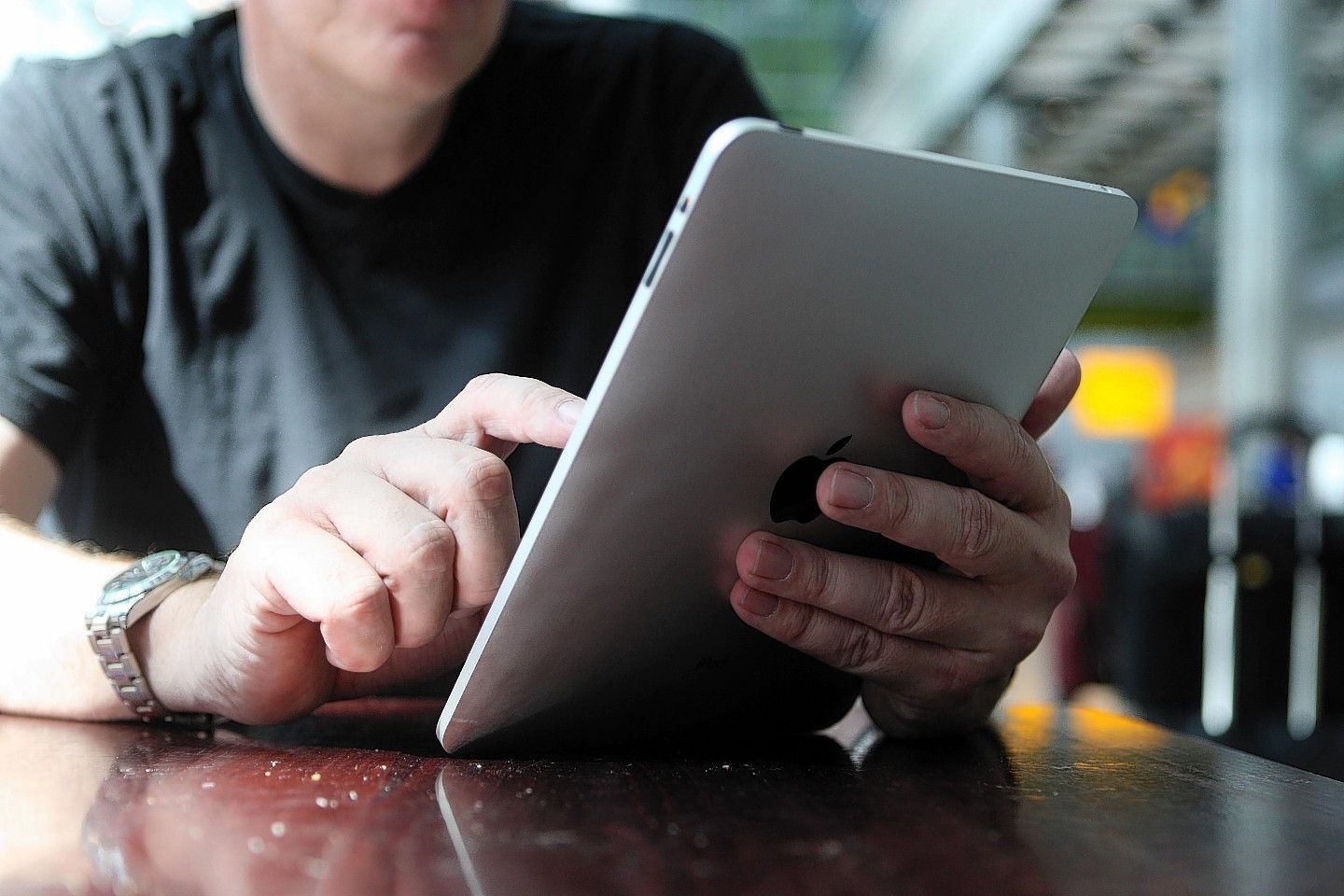Scottish consumers will splurge £2.4billion a year using mobile devices by 2019, up 224% on last year’s spending levels, according to new research by Barclays.
But the same study found that many retailers are not ready to take advantage of this predicted growth, failing to offer mobile apps for consumers.
The research showed that 45% of Scottish people use mobile devices to browse for and buy products, with clothes the most popular item.
Just over a quarter of shoppers used mobile devices to buy garments in the last 12 months, while 12% bought music and 11% purchased books.
Euan Murray of Barclays’ corporate team, said: “The size of the retail opportunity is clear for all to see.
“Consumers are increasingly time poor and looking to multi-task wherever possible — mobile shopping gives them the freedom to do this when they want and where they want.
“The question every retailer should be asking themselves is what they are doing to not only satisfy today’s consumer but, also tomorrow’s.”
Almost half of the 221 UK retailers surveyed said at least some of their sales are generated through a mobile device.
However, less than 3% think their business is up to speed in terms of being mobile ready.
Seventy percent said they did not currently offer a mobile website or a mobile app for consumers, and 68% said they do not have a clear plan for investing in mobile retail.
Retailers that took part in the survey said they were reluctant to invest because they think the use of mobile devices shift sales around, rather than generating new custom.
They are also concerned that mobile adds substantially to the cost of doing business online.
Mr Murray added: “There is … a lingering notion that mobile shopping is bad for store retailing.
“The physical high street store still has a fundamental role to play and the development of hybrids such as click and collect has conclusively demonstrated that stores can be supported rather than hindered by the growth of digital commerce.
“A simple move would be to enhance Wi-Fi provision in-store – 56% of Scottish consumers believe that all shops should offer free Wi-Fi.”
Over the next five years, total sales in the retail sector are expected to grow 8.1% to £351billion annually.
